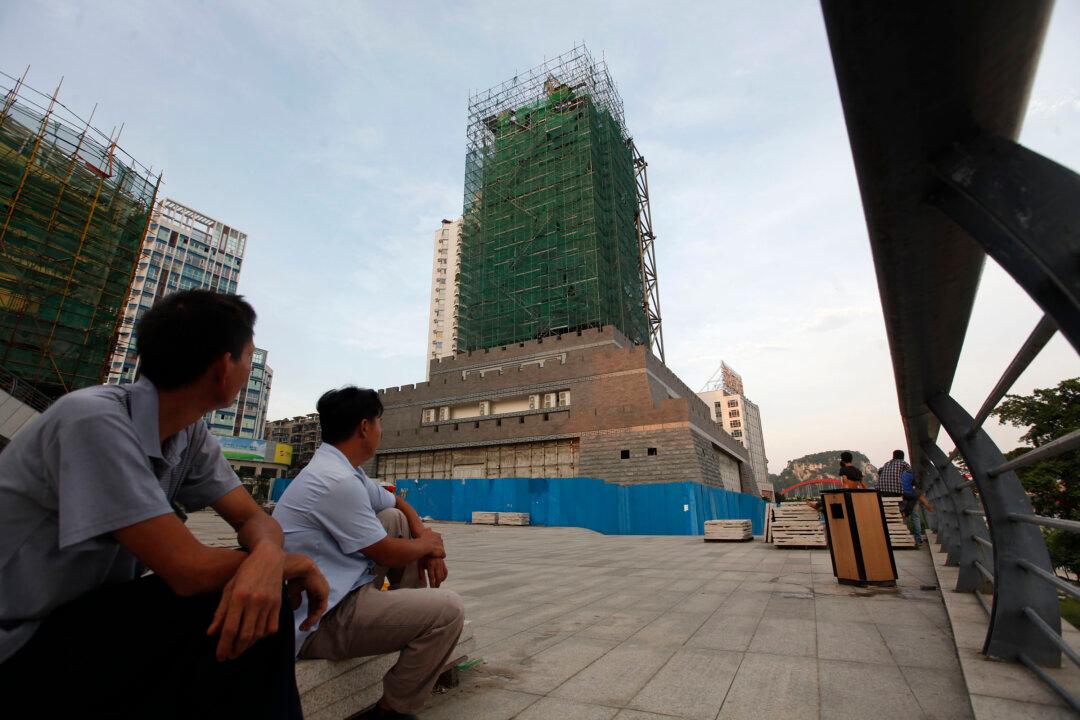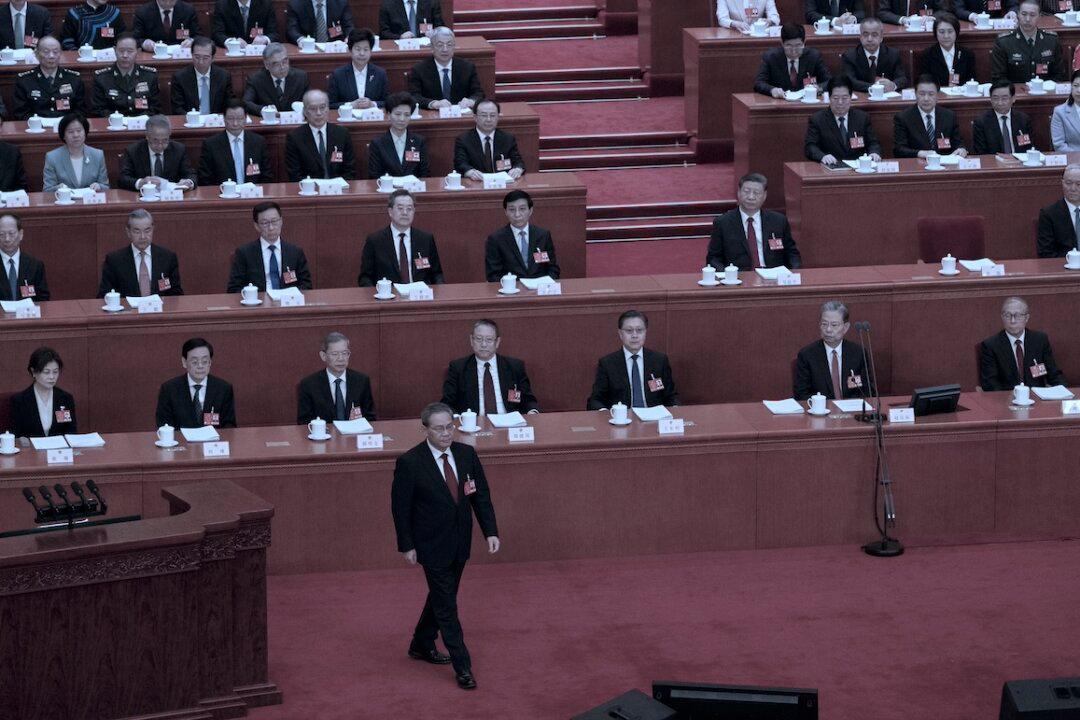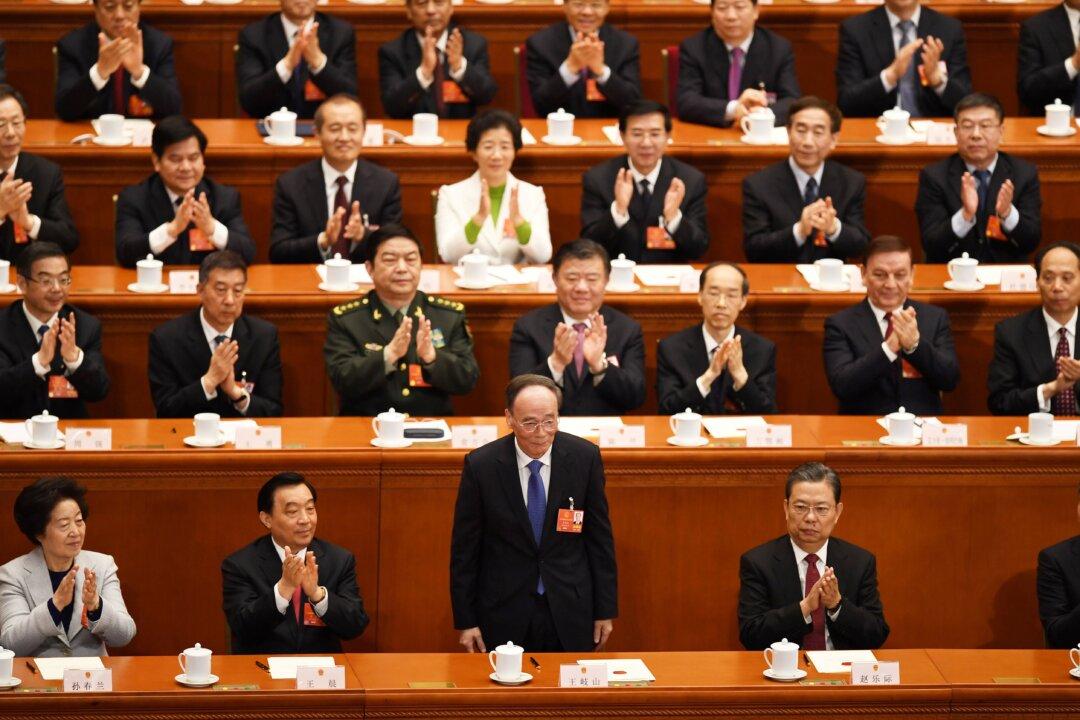Most of the major skyscraper construction projects in China have been halted or delayed, fueling concerns about the dire consequences for the country’s economy amid a real estate crisis.
According to an article published on March 12 by the Chinese portal site NetEase, construction has been halted on 19 out of 31 major skyscrapers across numerous cities and provinces in China, leaving them in a stalled or abandoned state. The others are still under construction but have been in a prolonged initial stage for years.




